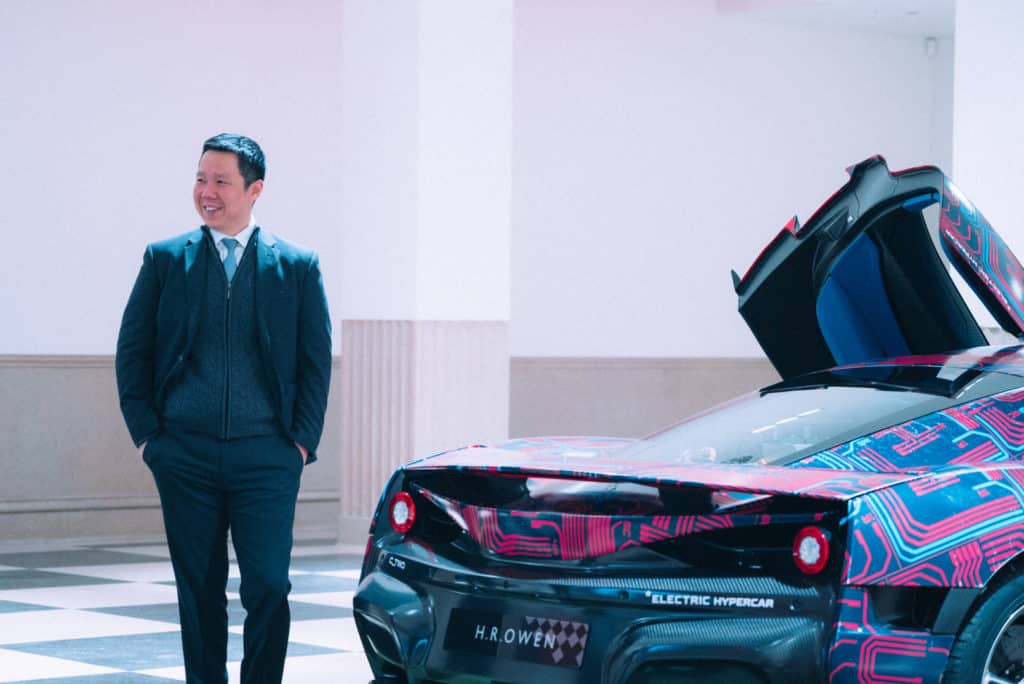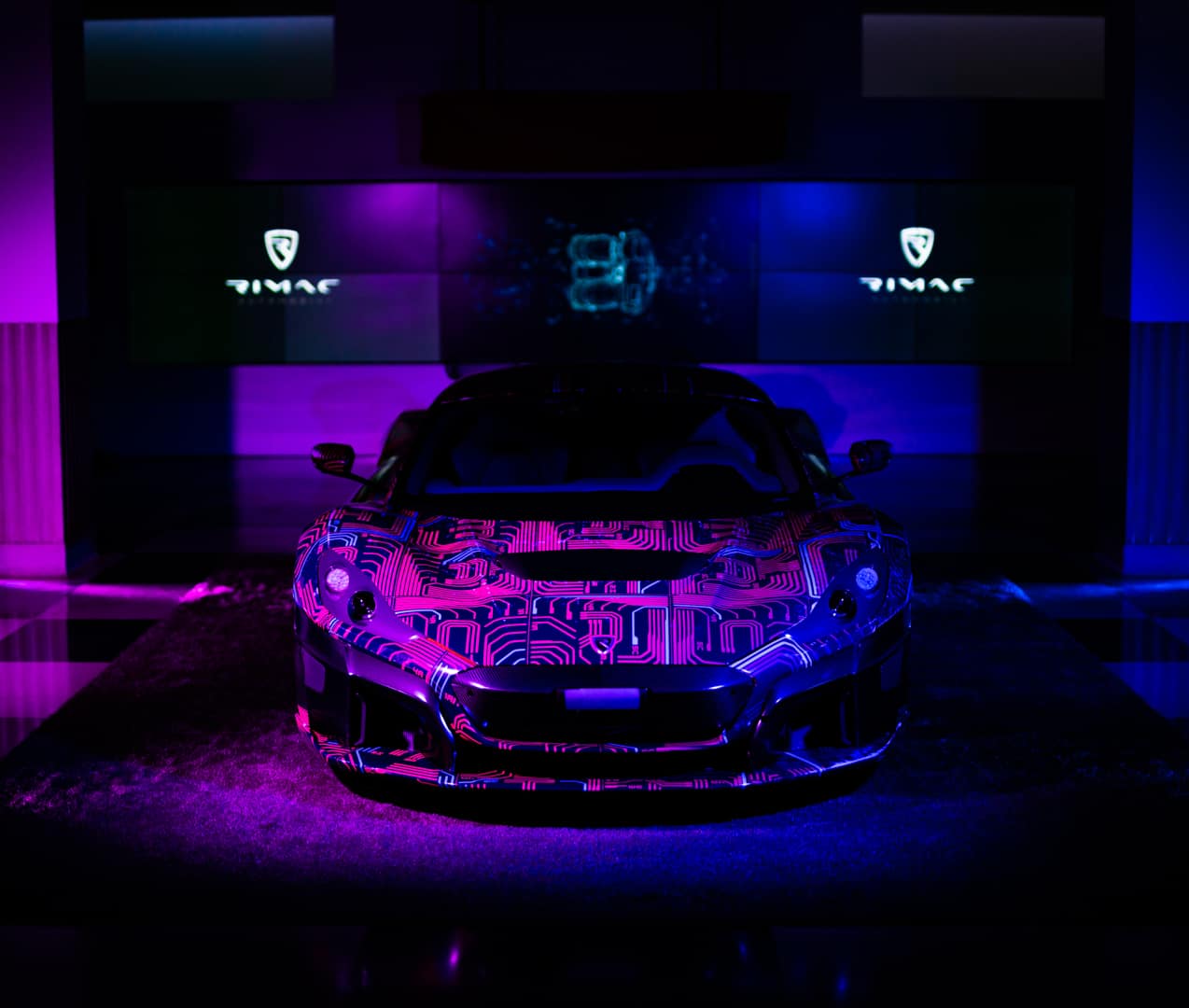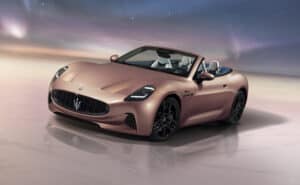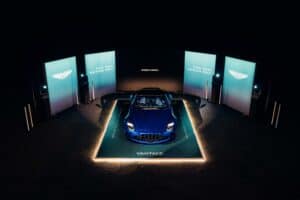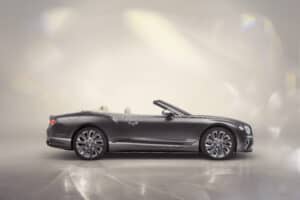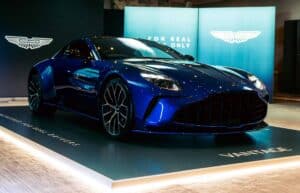H.R. Owen is the UK’s only official retailer of the Rimac Automobili C_Two – a £2m, 1,900hp, 258mph all-electric hypercar. Set to be officially unveiled at the Geneva Motor Show 2020 under a different name, the Croatian-developed car made its first appearance at H.R. Owen recently in the guise of a pre-production prototype pulled away from its grueling testing regime.
The luridly wrapped C_Two took centre stage at a secret H.R. Owen location for an evening with Rimac’s visionary founder, Mate Rimac and a number of VIP H.R. Owen clients. Mate brought his vision of creating the world’s fastest car to life for guests, chronicling his early work from a world record-breaking BMW 3 Series that he converted to electric power to the current state of his automotive business, now part-owned by Porsche and Hyundai, and employing 600 people.
Mate, just 31 years old, then went on to explain more about the £2.1m Rimac C_Two; the culmination of everything that he has learned so far about all-electric performance. Powered by a 120kWh battery that’s capable of charging from 0-80% in less than 30 minutes, the C_Two is limited to only 150 examples worldwide, can accelerate from 0-62mph in 1.85 seconds and will hit almost 260mph.
The two-seater also features Level 4 autonomous driving – one level off full autonomy – to help teach drivers the best way around a race track. On-board systems also use facial-recognition cameras to unlock the car and let the driver start it without a key. The car then attunes itself to the driver’s mood by recognising various inputs and adapts accordingly.
The hypercar uses a carbonfibre monocoque with bonded carbon roof, integrated battery pack and rear carbon subframe. Crash structures are formed from carbon and aluminium and the body itself is carbonfibre, making for an extremely lightweight and extremely stiff car.
The C_Two on display at H.R. Owen is currently being used for a testing programme that takes two to three years, starting with virtual tests and then moving on to experimental prototypes, validation prototypes, pre-production prototypes, and then the final production car. To be sure that the car functioning is as intended, physical tests need to be in perfect correlation with the simulations – delivering a car of this performance, that is also usable and reliable is not a quick process.
If you’re interesting in learning more about Rimac Automobili or the Rimac C_Two, you can visit our dedicated Rimac page here.
